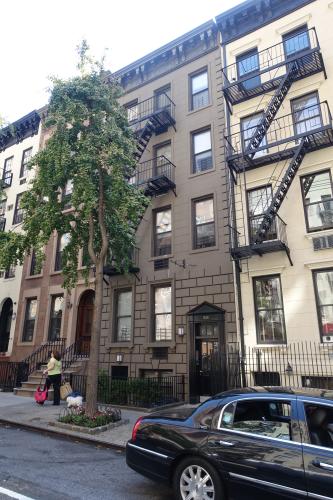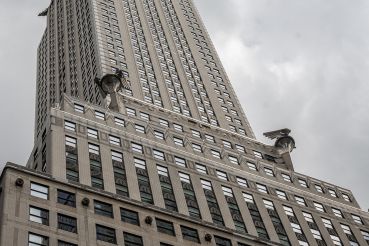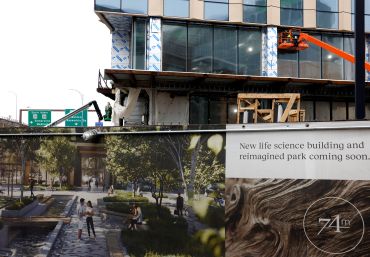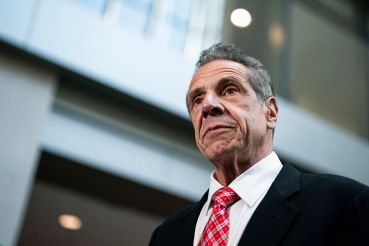New York City Sues Airbnb Operator Over Alleged Illegal Short-Term Rental Scheme
By Celia Young July 13, 2022 2:13 pm
reprints
New York City officials sued to shut down an alleged illegal Airbnb operation that brought in more than $2 million, the first lawsuit the city filed using a recently passed law designed to crack down on unlawfully listed short-term rentals.
The Mayor’s Office of Special Enforcement (OSE) alleges that real estate broker Arron Latimer operated illegal Airbnbs in six buildings, the biggest moneymaker being 344 East 51st Street, which pulled in nearly $1 million between 2018 and 2022. The OSE also sued the building’s owner, Apex East Management, and its managing agent, Esther Yip, and seeks an injunction to stop the property from continuing as an Airbnb at a time when New York struggles with skyrocketing rents.
“Not only did they unlawfully pocket millions, but they endangered guests and deprived New Yorkers of an entire building’s worth of long-term housing,” Mayor Eric Adams said in a statement. “We are not going to stand by while shady brokers use illegal listings and fake host accounts to skirt the law and defraud consumers.”
It’s unclear if Latimer owns the additional properties he used as Airbnbs at 757 Third Avenue, 1630 Second Avenue, 162 West Fourth Street and 525 East 80th Street, said Christian Klossner, the OSE’s executive director.
Starting in January 2018, Apex and Latimer operated the eight-unit residential building between First and Second avenues as an illegal Airbnb hotel until March 2022, despite multiple violations for doing so, the city alleged in court documents. Building inspectors also slapped the property with at least $30,000 in fines for having an inadequate fire sprinkler system and poor emergency exits, according to New York City Department of Buildings records.
The OSE was able to obtain information on the operation only thanks to its booking service data reporting law, a rule passed in 2020 that requires short-term rental platforms to report some information on hosts and transactions, said Klossner. Airbnb initially fought the city with a 2018 lawsuit to stop the law, but later settled and agreed to give up some of its data.
Nathan Rotman, Airbnb’s public policy regional lead, said the company looks forward to working with the city to remove irresponsible hosts from its platform, and that it banned Latimer “months ago.”
Short-term rentals in the city will face further regulations next year after a new law goes into effect requiring hosts on platforms such as Airbnb to register with the city. The law would stop Airbnb from processing payments for guests’ stays if a host’s information doesn’t match the city registry.
Legislators have blamed home-sharing platforms for cutting into the hotel industry’s profits and exacerbating the city’s housing shortage by taking apartments off the market and contributing to higher rents — though it’s unclear how significant of an impact illegal short-term rentals have on rental rates.
New York State law prevents an individual from renting out an apartment when a host is not present in most cases, but that hasn’t stopped an estimated 13,000 illegal Airbnb listings from cropping up around the city, according to Klossner.
Latimer did not immediately respond to requests for comment. Yip could not immediately be reached for comment.
Celia Young can be reached at cyoung@commercialobserver.com.


